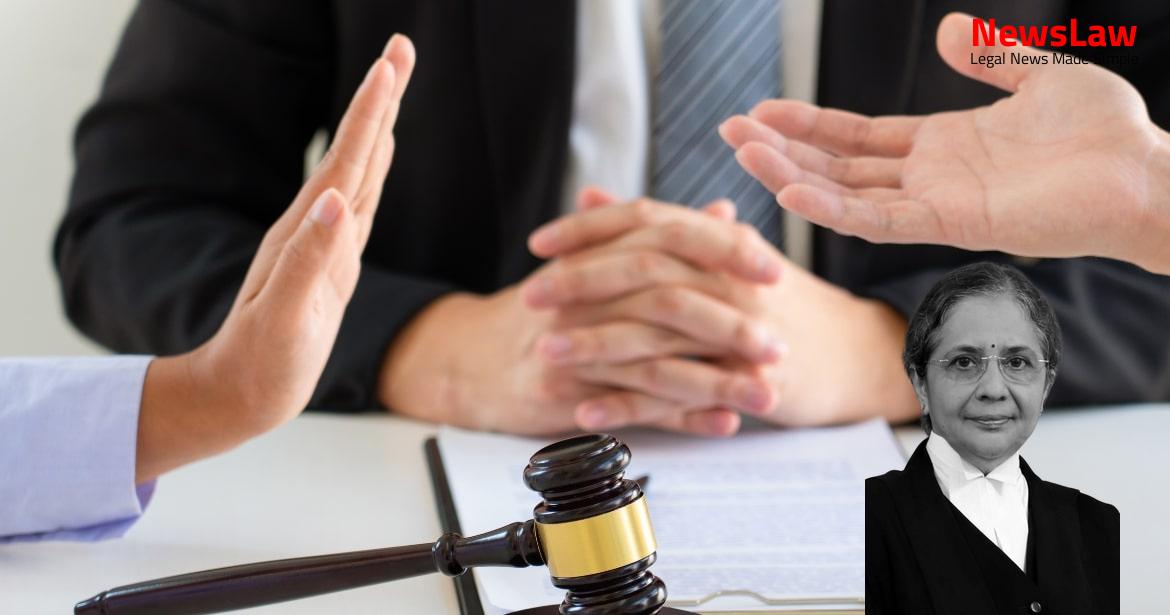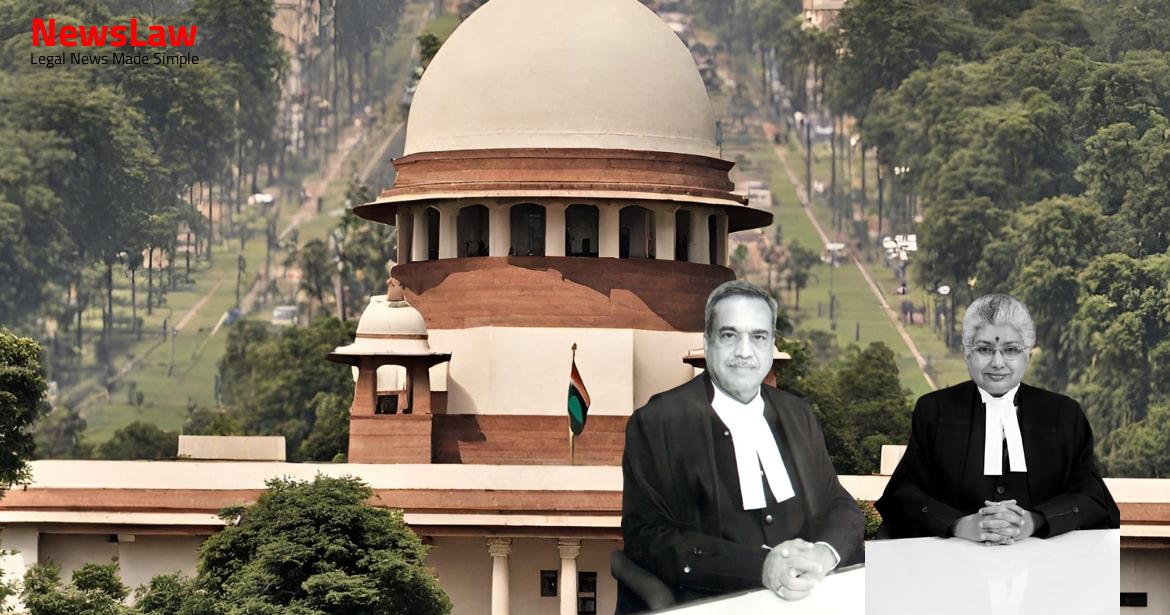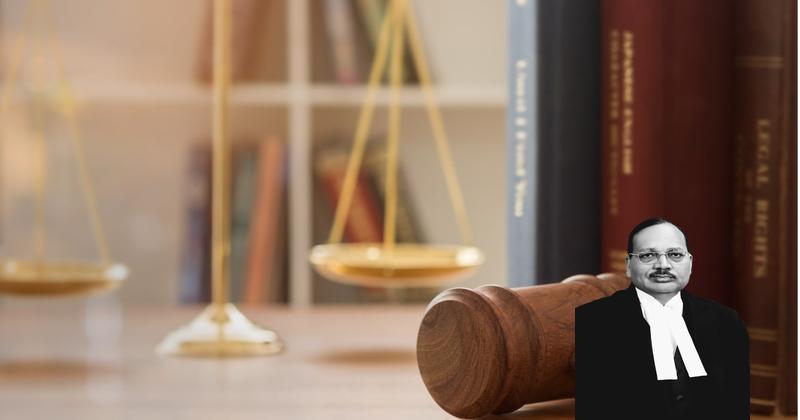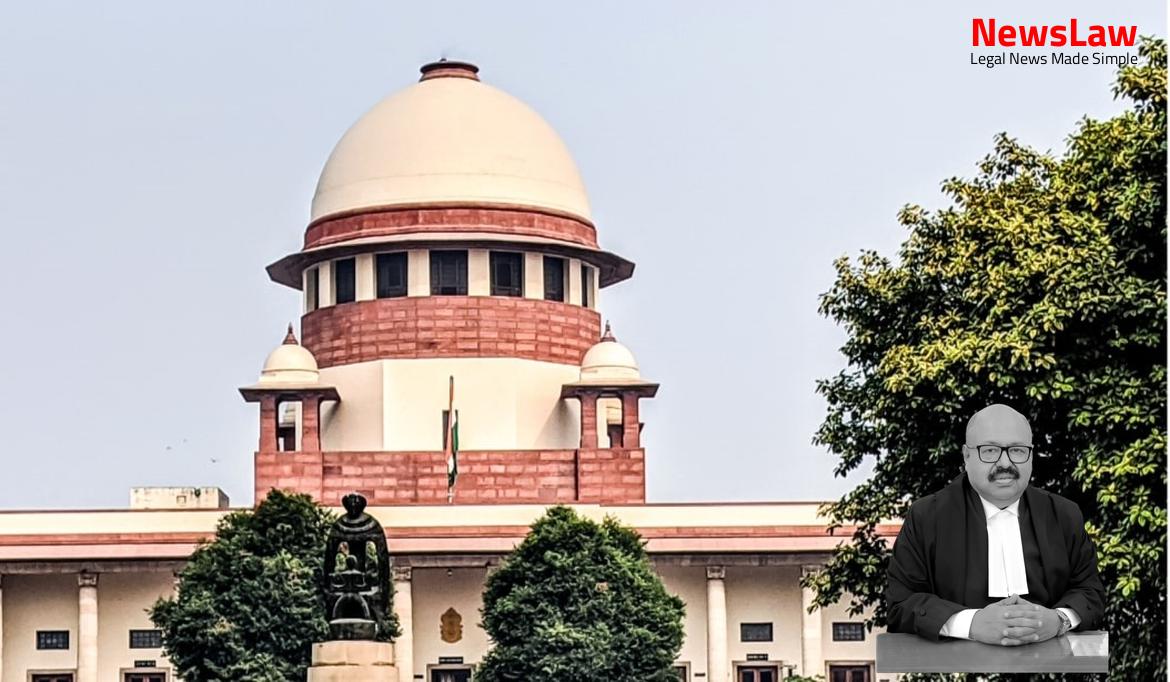In a significant ruling, the NGT reaffirmed its adjudicatory role over expert committees, stressing the importance of not delegating core adjudicatory functions. This legal analysis underscores the necessity for courts to maintain jurisdiction in cases involving substantial environmental questions. The decision highlights the critical distinction between expert committees aiding in fact-finding and the NGT’s exclusive role in adjudication.
Facts
- The NGT directed the Standing Committee to issue a work order for closing the open dumping site within a month.
- SMC was obligated to comply with SWM Rules and designated the Khajod site for landfill and waste processing plants.
- Various actions and orders were issued by the NGT regarding waste-to-energy plants, compensation to farmers, and compliance with SWM Rules.
- Committees were established to monitor and implement SWM Rules, with reports to be submitted periodically.
- NGT interventions were prompted by violations of waste handling rules causing environmental harm and health risks.
Also Read: Electoral Malpractices in Mayor Election
Arguments
- Jurisdiction to provide restitution and award compensation is with the NGT.
- Relegating decision to a committee was deemed inappropriate by the appellants’ counsel.
- Progress made by the Western Zone Bench of the NGT in the case was highlighted.
- Mr. Tejas Patel, representing SMC, argues that the appellants have not provided any material to support their claim for compensation.
Also Read: Balancing Power and Transparency: Electoral Bonds Struck Down, Disclosure Mandated
Analysis
- NGT is a specialized body comprising judicial and expert members.
- The issue is whether the appellants should approach NGT Committees instead of continuing with the OA.
- Committees are set up for complex fact-finding exercises and may conduct field visits.
- Courts should be cautious in rejecting committee opinions unless they are manifestly arbitrary or mala fide.
- The NGT abdicated its jurisdiction by entrusting judicial functions to an administrative expert committee.
- Expert committees assist adjudicatory forums by providing better data and factual clarity.
- Parties can challenge committee reports, which are subject to judicial review.
- Adjudicatory functions cannot be delegated to administrative committees.
- The NGT Act empowers the NGT with jurisdiction in cases involving substantial environmental questions.
- Objecting and considering objections make the process fair and participatory for stakeholders.
- The role of expert committees set by courts does not substitute the adjudicatory role of the court or tribunal.
- Expert committees set by courts are different from those set up by the government or under a particular statute.
- The NGT has expertise in environmental issues.
- Section 15 empowers the NGT to award compensation for pollution and environmental damage, and to provide restitution.
- The core adjudicatory functions cannot be delegated to administrative expert committees.
- Expert committees can assist the NGT in fact-finding but not in adjudication.
- In Sanghar Zuber Ismail v. Ministry of Environment, Forests and Climate Change, the NGT cannot refuse to hear challenges and delegate adjudication to expert committees.
- In Mantri Techzone (P) Ltd. v. Forward Foundation, Section 15(1)(c) entrusts broad powers to the NGT.
- Judicial members bring experience, while expert members bring scientific knowledge on environmental issues.
- The impugned order is set aside and OA No 81 of 2014 (WZ) is restored to the file of the NGT.
- The earlier meticulous exercise carried out by the earlier Benches is to be reinstated.
- The order impugned in the appeal cannot be sustained.
- Valuable time has been lost and crucial environmental issues have been put on hold.
- An expert committee can assist in fact-finding but adjudication must be done by the NGT as it is not a delegable function.
Also Read: Recall of Resolution Plan Approval: Legal Analysis
Decision
- The NGT shall start hearing the proceedings from the stage before the impugned order dated 28 September 2018.
- The appeal is allowed and the order dated 28 September 2018 is set aside.
- OA No 81 of 2014 (WZ) is reinstated to the file of the NGT for further proceedings.
- The NGT is directed to continue with the existing directions after hearing all parties involved.
- The impugned order was passed by the Principal Bench as the Western Zone Bench was not functioning at that time.
- OA No 81 of 2014 (WZ) is to be heard by the Bench with jurisdiction over the subject matter.
- The appeal is allowed as per the above terms.
- Pending applications are disposed of.
- A delay of more than three years has passed which could have been avoided if the NGT had proceeded with adjudication.
- No opinion on the merits of the issues raised before the NGT has been expressed by the Court.
Case Title: KANTHA VIBHAG YUVA KOLI SAMAJ PARIVARTAN TRUST Vs. THE STATE OF GUJARAT (2022 INSC 79)
Case Number: C.A. No.-001046 / 2019



